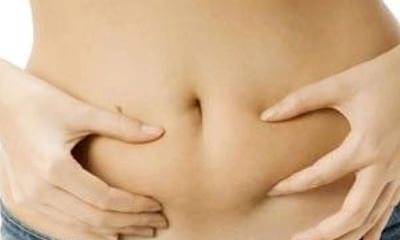Get the App
For Doctors
Login/Sign-up
Last Updated: Aug 29, 2019
BookMark
Report
How to reduce Acidity
Dt. Neha SuryawanshiDietitian/Nutritionist • 20 Years Exp.M.Sc. in Dietetics and Food Service Management , Post Graduate Diploma In Computer Application, P.G.Diploma in Clinical Nutrition & Dietetics , B.Sc.Clinical Nutrition & Dietetics
What kind of diet changes can help acid reflux?
One thing you can do to reduce your risk for heartburn and acid reflux disease is to eat low-fat, high-protein meals. Also, eat smaller meals more frequently; stop eating before you get too full.
Pay attention to foods that seem to trigger your heartburn and avoid them as much as possible.
Beverages that commonly trigger heartburn or make it worse, include:
Coffee or tea (both regular and decaffeinated)
Other beverages that contain caffeine
Carbonated beverages
Alcohol
Foods that commonly trigger heartburn or make it worse, include:
Citrus fruits, such as oranges and lemons
Tomatoes and products that contain tomatoes, such as tomato sauce and salsa
Chocolate
Mint or peppermint
Fatty or spicy foods, such as chili or curry
Onions and garlic
What other lifestyle changes can treat acid reflux?
In addition to acid reflux diet changes, see which of the following lifestyle changes you can make.
Quit smoking. Smoking increases your risk for heartburn and acid reflux disease in several ways. It may increase the amount of acid secreted by your stomach and interfere with the function of muscles that help keep acid down.
Reduce reflux while sleeping. These steps will help reduce reflux when you sleep:
Put blocks under the head of your bed to raise it at least 4 to 6 inches. This helps keep your stomach's contents down. However, it doesn't work to simply use lots of extra pillows because this position may increase pressure on your abdomen.
Stop eating at least two or three hours before lying down.
Try sleeping in a chair for daytime naps.
Lessen the pressure. Often, extra pressure around your abdomen increases acid reflux. Try these steps:
Don't wear tight clothes or tight belts.
If you're overweight or obese, take steps to lose weight with exercise and diet changes.
One thing you can do to reduce your risk for heartburn and acid reflux disease is to eat low-fat, high-protein meals. Also, eat smaller meals more frequently; stop eating before you get too full.
Pay attention to foods that seem to trigger your heartburn and avoid them as much as possible.
Beverages that commonly trigger heartburn or make it worse, include:
Coffee or tea (both regular and decaffeinated)
Other beverages that contain caffeine
Carbonated beverages
Alcohol
Foods that commonly trigger heartburn or make it worse, include:
Citrus fruits, such as oranges and lemons
Tomatoes and products that contain tomatoes, such as tomato sauce and salsa
Chocolate
Mint or peppermint
Fatty or spicy foods, such as chili or curry
Onions and garlic
What other lifestyle changes can treat acid reflux?
In addition to acid reflux diet changes, see which of the following lifestyle changes you can make.
Quit smoking. Smoking increases your risk for heartburn and acid reflux disease in several ways. It may increase the amount of acid secreted by your stomach and interfere with the function of muscles that help keep acid down.
Reduce reflux while sleeping. These steps will help reduce reflux when you sleep:
Put blocks under the head of your bed to raise it at least 4 to 6 inches. This helps keep your stomach's contents down. However, it doesn't work to simply use lots of extra pillows because this position may increase pressure on your abdomen.
Stop eating at least two or three hours before lying down.
Try sleeping in a chair for daytime naps.
Lessen the pressure. Often, extra pressure around your abdomen increases acid reflux. Try these steps:
Don't wear tight clothes or tight belts.
If you're overweight or obese, take steps to lose weight with exercise and diet changes.



+1.svg)
